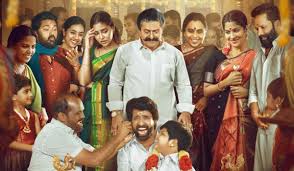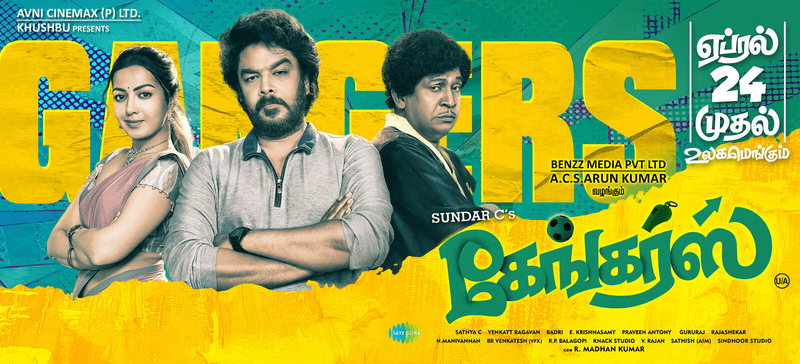Verdict: “A heartfelt family tale buried under a mountain of over-indulgence.”
Synopsis
Maaman centers around Inba (Soori), a lovable, doting uncle whose life revolves entirely around his sister Girija (Swasika) and her long-awaited son, Laddu (Prageeth Sivan). Things begin to change when Inba marries Reka (Aishwarya Lekshmi), a composed and practical doctor. What unfolds is a tug-of-war between familial love and marital reality, with Laddu at the chaotic center.
A Nephew in the Spotlight – Too Brightly
Laddu, the young nephew, is positioned as the emotional nucleus of the film. His attachment to Inba transcends regular affection—veering into obsessive territory. While the film tries to paint his actions as endearing, the narrative often crosses into discomfort. The audience is expected to smile through antics that would, in real life, require urgent intervention and maybe therapy. This excessive spotlight on Laddu drains emotional sympathy and places the film on shaky ground.
Soori’s Balancing Act
Soori gives a sincere performance as the well-meaning but clueless Inba. His portrayal of a man torn between his new wife and his lifelong family responsibilities is earnest. However, the character arc lacks the evolution necessary to truly resonate. Inba seldom asserts himself, and his passivity becomes frustrating to watch, especially when Reka is portrayed as one of the most reasonable characters in the story.
Aishwarya Lekshmi: The Voice of Sanity
In a film filled with eccentric and emotionally volatile characters, Aishwarya Lekshmi stands out. As Reka, she brings balance and subtlety. Her performance reflects the real frustrations of a woman trying to carve a space for herself in a family that never truly makes room. Her restraint and dignity make her the emotional anchor of the film.
Swasika and the Fragility of Maternal Blindness
Swasika delivers a powerful performance, though her character’s denial regarding her son’s problematic behavior feels outdated. The writing gives her no room for introspection or growth, making her less of a nuanced parent and more of an enabler. It’s a missed opportunity to explore the layered realities of motherhood.
Supporting Cast and Missed Opportunities
Rajkiran and Viji Chandrasekhar provide fleeting moments of humor and warmth as an elderly couple. Their interactions feel like glimpses of the film Maaman could have been—mature, emotionally intelligent, and gently humorous. Unfortunately, such moments are few and far between.
The subplot involving Laddu’s absentee father could have added much-needed complexity, but is barely touched upon, reducing what could’ve been a vital narrative angle into a throwaway detail.
Themes That Flicker But Never Burn Bright
Maaman tiptoes around interesting themes—boundary setting in joint families, emotional dependence, marital neglect, and the role of the child in adult relationships. But the writing never commits to examining them thoroughly. Instead, the film relies on repetitive scenes and emotional blackmail masquerading as family love. The drama lacks modulation, and the humor, though occasionally effective, is overwhelmed by melodrama.
Direction & Writing: Sincere but Surface-Level
While the film carries sincerity in tone and intention, its storytelling is overlong and frequently tedious. It aims for warmth but stumbles into exasperation. The pacing suffers due to repetitive emotional beats and underdeveloped subplots. A tighter screenplay and braver character arcs would have elevated Maaman from a passable family drama to a poignant narrative.
Final Verdict
Maaman has its heart in the right place but lacks the narrative discipline to drive its point home. Anchored by strong performances—especially from Aishwarya Lekshmi—the film offers fleeting glimpses of emotional insight but is ultimately bogged down by a flawed central premise and indulgent storytelling.









